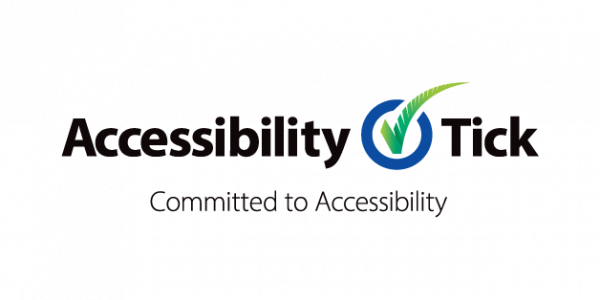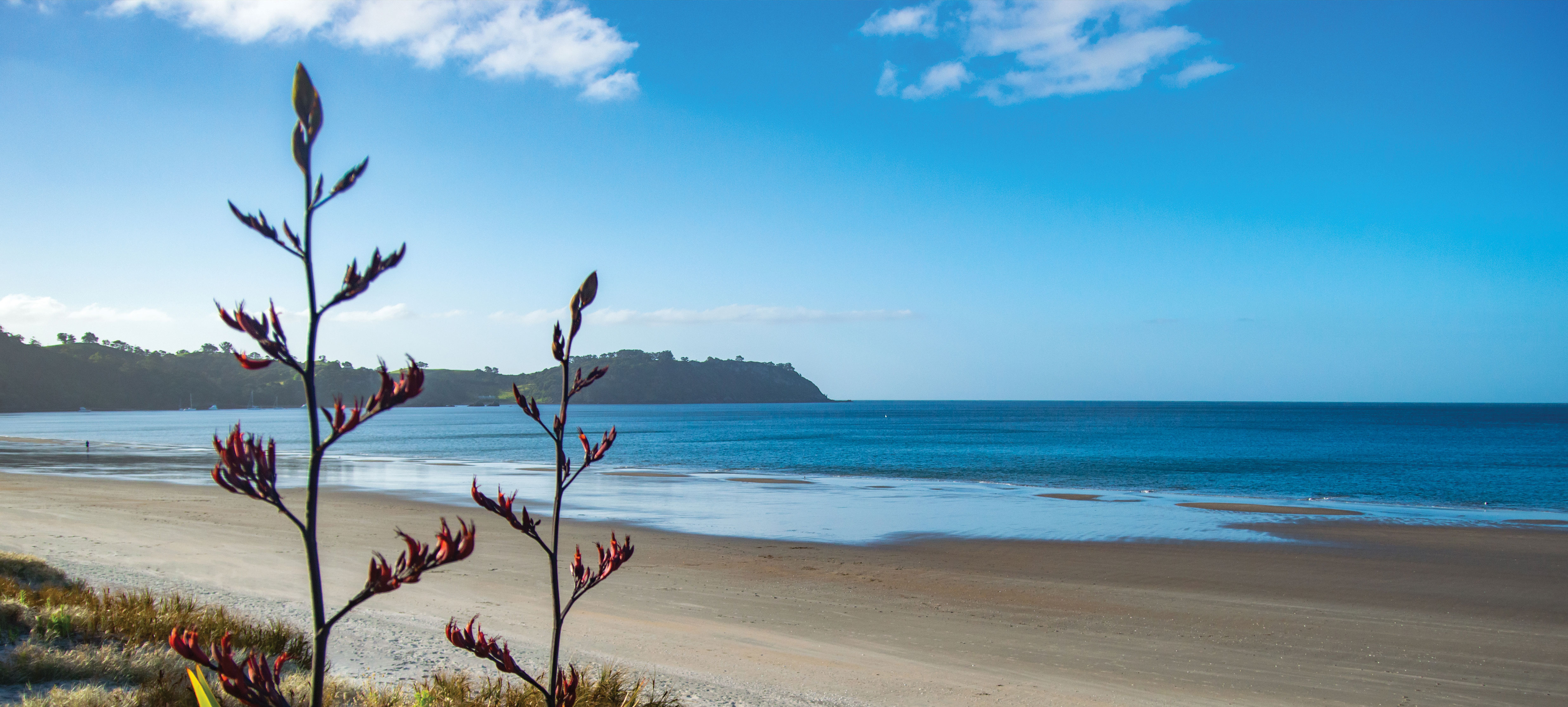
Survivors’ experiences and voices formed the backbone of the Inquiry. In total, nearly 3000 people shared their experiences– verbal, written, in sign language, in poetry, in music and in art. Many of those experiences are gathered together here.
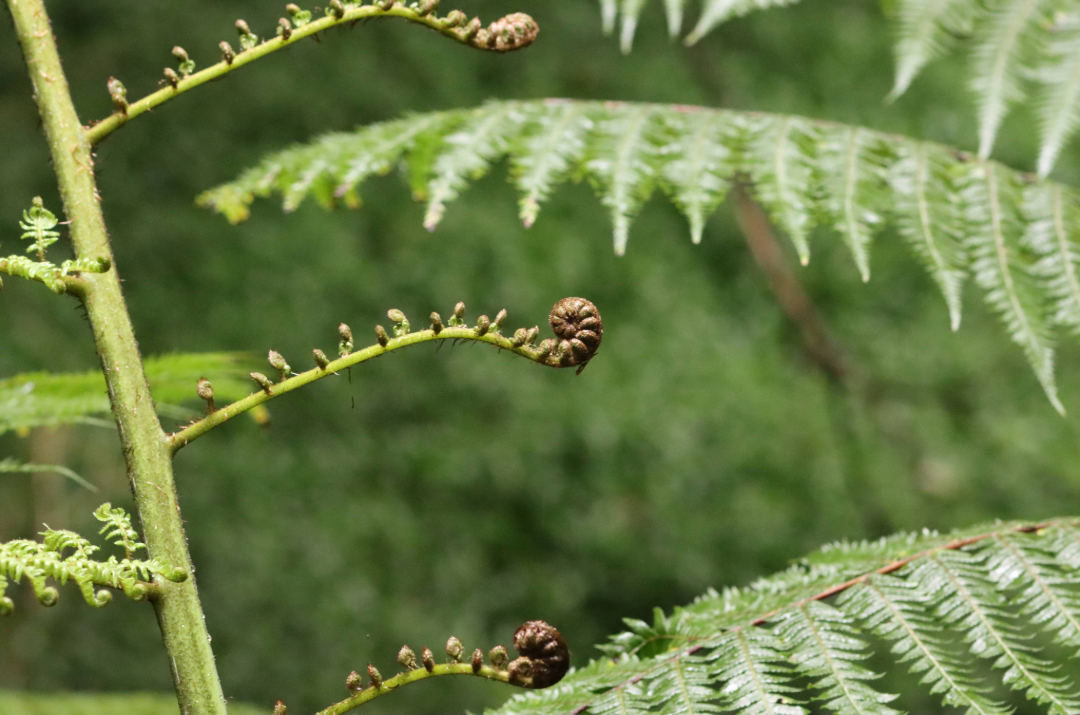
Read the recommendations made in the Inquiry’s final report, "Whanaketia" and "He Purapura Ora, he Māra Tipu: From Redress to Puretumu Torowhānui", on how Aotearoa New Zealand can better care for children, young people and adults in State and faith-based care in the future.
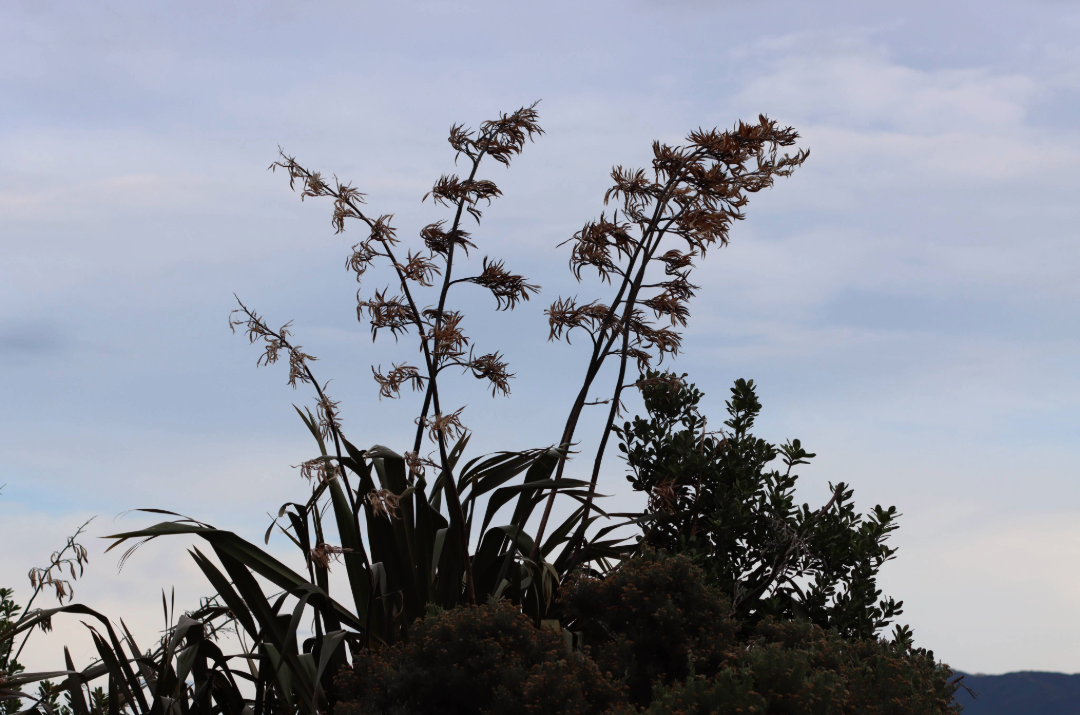
Read the case studies published throughout the course of the Inquiry, which investigate abuse and neglect in a number of State and faith-based institutions across Aotearoa New Zealand. There are seven case studies.
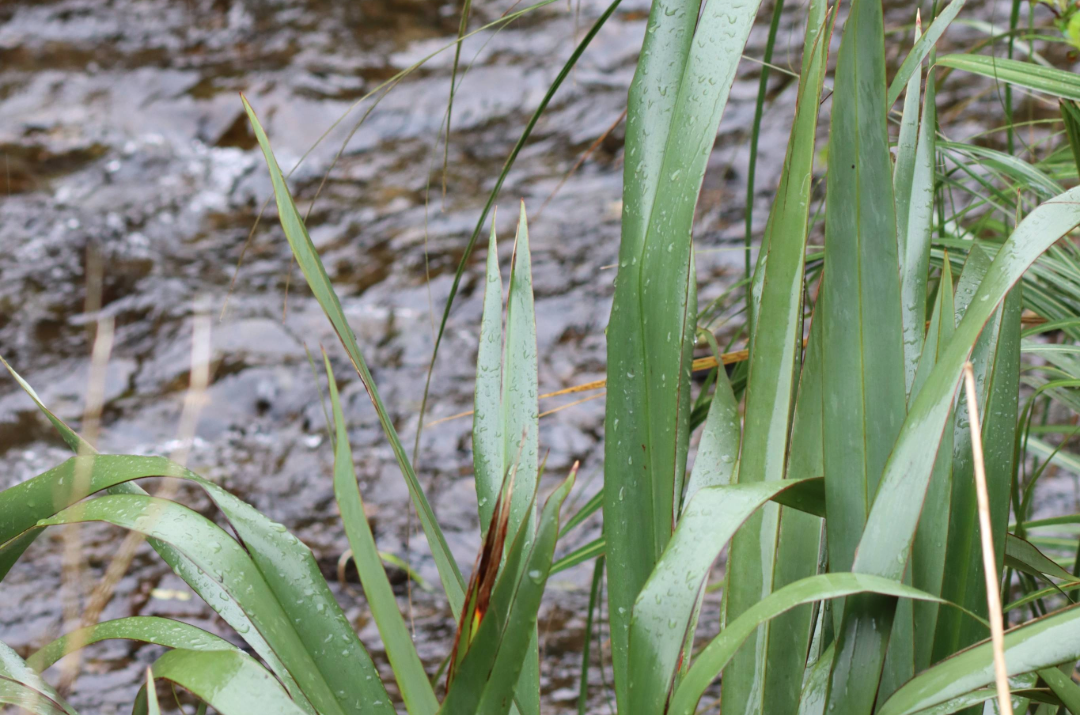
As part of the Inquiry, investigations were carried out to understand how different communities – such as the disabled community, and women and girls – experienced abuse and neglect in care. There are eight community summary reports in all.

A range of different publications and reports were commissioned to help inform the Inquiry’s work. Read the material and review the conclusions of the research that were undertaken.
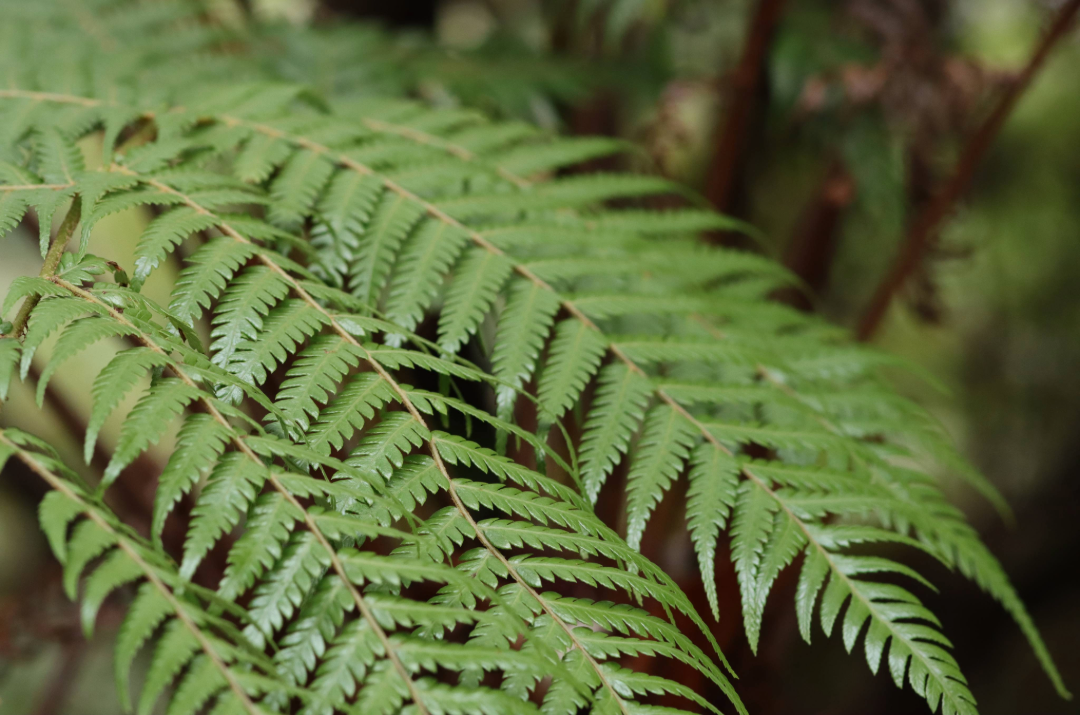
The final minute addresses the status of the evidence, documents and information the Inquiry gathered and generated since it began, and how that material can continue to be accessed now that the Inquiry has completed its work.
State and faiths must be accountable for pervasive “national disgrace”; fundamental changes needed to safeguard people in care now.
The Royal Commission of Inquiry worked to ensure that meeting the accessibility needs of survivors and employees was how it did business. When the Inquiry designed, built and delivered its services, it ensured that accessibility was considered. Survivors were critical in testing solutions and providing feedback. The Inquiry also worked to better support its employees, so they could better support and service survivors and the communities they live in.
